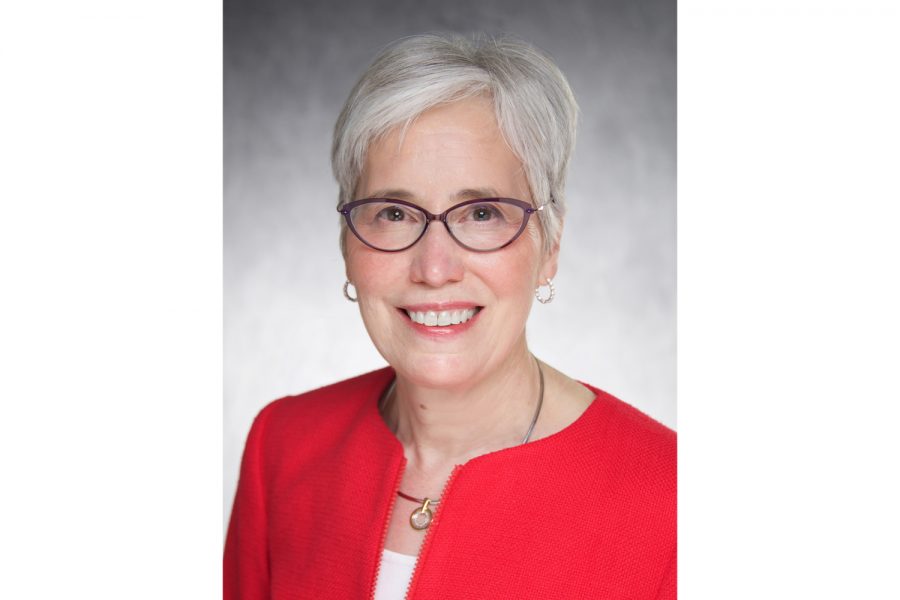UI public health experts say herd immunity isn’t the solution to COVID-19
UI public health officials explain why the concept of exposing a large number of the population will hurt more individuals than it will help. Instead, they encourage people to continue to wear face coverings, social distance, and wash their hands.
July 22, 2020
With the recent uptick in the number of national coronavirus cases, some people have encouraged intentional exposure to the illness in order to help the population establish immunity to the virus. University of Iowa public-health experts, however, say herd immunity can’t work against coronavirus.
Herd immunity is the level of immunity in a community that is needed to prevent a disease outbreak, said UI College of Public Health Director of Undergraduate Programs Margaret Chorazy. It occurs when a large number of individuals in a population become immune by developing antibodies to the disease, making it difficult for the virus to spread.
The concept of herd immunity can work for a variety of viruses, said UI College of Public Health Associate Professor Christine Petersen.
Measles is an example of a disease where this concept worked, because there is a vaccine, it’s easily transmissible, and a large amount of the population is exposed, said UI Carver College of Medicine Executive Dean Patricia Winokur.
Herd immunity can be established through either enough people getting immunity from previously having the disease, Winokur said, or a majority of the population getting vaccines. In order for it to work, at least 90 percent of the population needs to be exposed to the virus, Winokur said.
The goal of herd immunity is to protect the parts of the population who are unable to receive a vaccine, she said.
Not enough of the population has been exposed to the coronavirus, and public health experts aren’t sure if some people are immune to it, Winokur said.
“We need to get enough of the population immune to help truncate the spread from person to person,” Winokur said. “Usually that means we need to get most of the population immunized, preferably not infected, simply because the consequences of COVID can be so severe.”
At the current exposure and infection rates, it would take several years for the community to establish herd immunity without a vaccine, Petersen said. Trying to establish herd immunity right now would cause more harm than good, she added.
“The idea that we’re going to naturally expose ourselves enough to get herd immunity for coronavirus right now is just not smart thinking,” Petersen said. “It’s a virus that is not in enough of the population so that we can get exposure to enough people. The outcomes are severe enough to those who are at risk that to risk their health and their lives for this goal through natural infection is basically cruel.”
If people continue to expose themselves to the coronavirus, Chorazy said it will hurt many people who are at risk.
“Achieving it without a vaccine through widespread community infection could be devastating to our communities, given the number of people who would need to be infected,” Chorazy said. “If virus transmission is left unchecked, then we’d see a greater number of hospitalizations and deaths.”
Instead, people need to continue to follow public-health guidelines to stop the spread of the coronavirus, Winokur said.
“It’s really important to not go out and be careful now and wear masks and social distance,” Petersen said. “Once we have a vaccine, we can reach herd immunity in a safe and rapid way.”
Public health officials encourage people to take currently available vaccines, Petersen said. It’s important to help stop the spread of other viruses, she said, so people only need to fight one disease at a time.
“Until we have vaccines, people need to follow the standard precautions,” Winokur said. “Wearing a face mask or face shield, washing your hands very aggressively, and distancing are the things that do work when they’re adhered to.”






